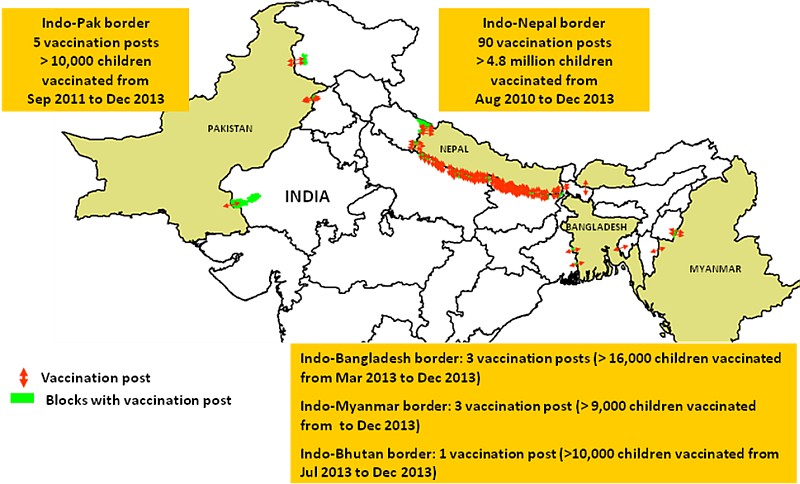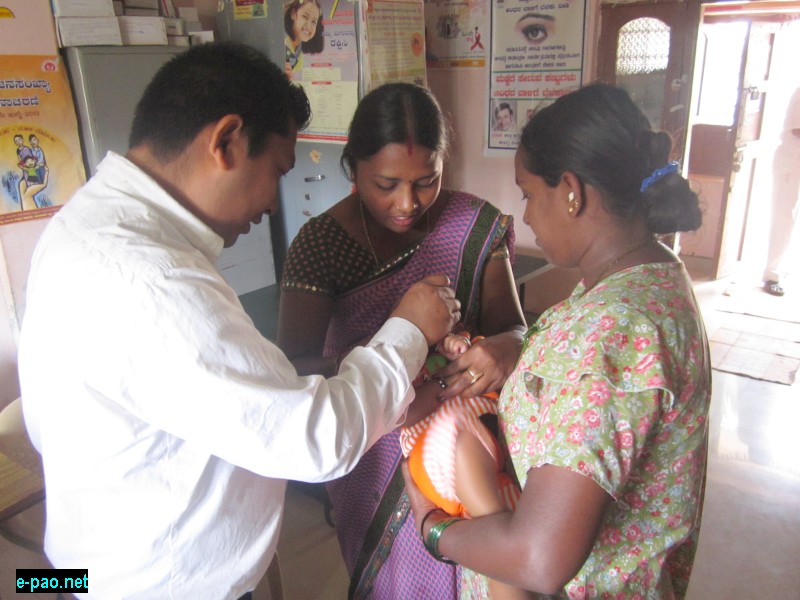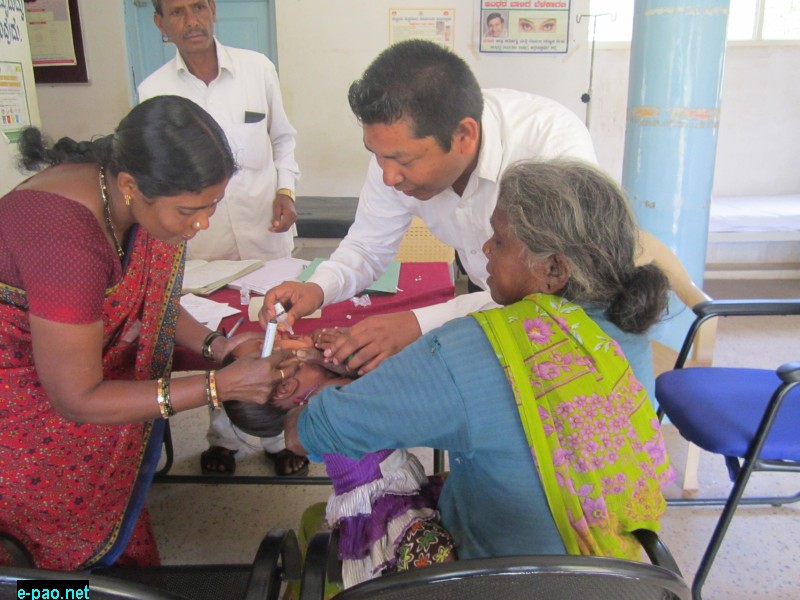The monovalent human-bovine rotavirus vaccine was effective and well tolerated among infants in India, according to recent study findings published in The Lancet
Nita Bhandari, PhD, of the Centre for Health Research and Development of the Society for Applied Studies in India, and colleagues conducted a randomized, double blind, placebo-controlled trial to determine the efficacy and tolerability of a monovalent human-bovine rotavirus vaccine (116E; Rotavac, Bharat Biotech International) for severe gastroenteritis in low-resource urban and rural settings in India. Children enrolled in the study were assigned to three doses of 116E (n=4,532) or placebo (n=2,267) at age 6 to 7 weeks, 10 weeks, and 14 weeks.
The overall efficacy of 116E against severe rotavirus gastroenteritis was 53.6%. During the first year of life, the vaccine efficacy was 56.4% against severe rotavirus gastroenteritis.
According to Bhandari and colleagues, to prevent one episode of severe rotavirus gastroenteritis, 55 infants must be immunized, and 31 must be immunized to prevent rotavirus gastroenteritis of any severity. In the vaccine group, the incidence of severe rotavirus gastroenteritis per 100 person-years was 1.5 compared with 3.2 in the placebo group.
Immediate adverse events were reported in less than 1% of participants in each group.
“Finally, this successful product development validates the concept that new vaccines and other health commodities can be developed through socially committed collaborative efforts with effective government participation, and engagement of small- to medium-size enterprises resulting in substantially lower investment,” the researchers wrote. “In this regard, the vaccine is a product of a path-setting model for development of health technologies at prices that ensure increased access in places where these are needed most.”
In an accompanying comment, Shabir A. Madhi, MD, PhD, of the National Institute for Communicable Diseases at the National Health Laboratory Service, and Umesh D. Parashar, MBBS, of the CDC, said the efficacy is modest, but it would still have a substantial public health effect.
“Reassuringly, 116E vaccine was not linked with intussusception — an adverse event that has been associated with other rotavirus vaccines in some settings,” they wrote.
In another accompanying comment, Maharaj K. Bhan, MD, of the Ministry of Science and Technology for India, and colleagues wrote that the final success of the program would be complete licensure and introduction of the vaccine into the childhood immunization program in India.
“Much still needs to be done to achieve this goal, including research to test alternative formulations, further analysis to identify ways to increase vaccine effectiveness, and post-marketing surveillance to assess the risk of rare adverse events, such as intussusception,” the researchers wrote. “Nonetheless, proof of the efficacy of the 116E vaccine against a disease that effects almost every child in India, leads to millions of clinic visits, and hundreds of thousands of hospital admissions, and kills roughly one child in every 175-250 born in India before their fifth birthday, is cause for celebration.”



